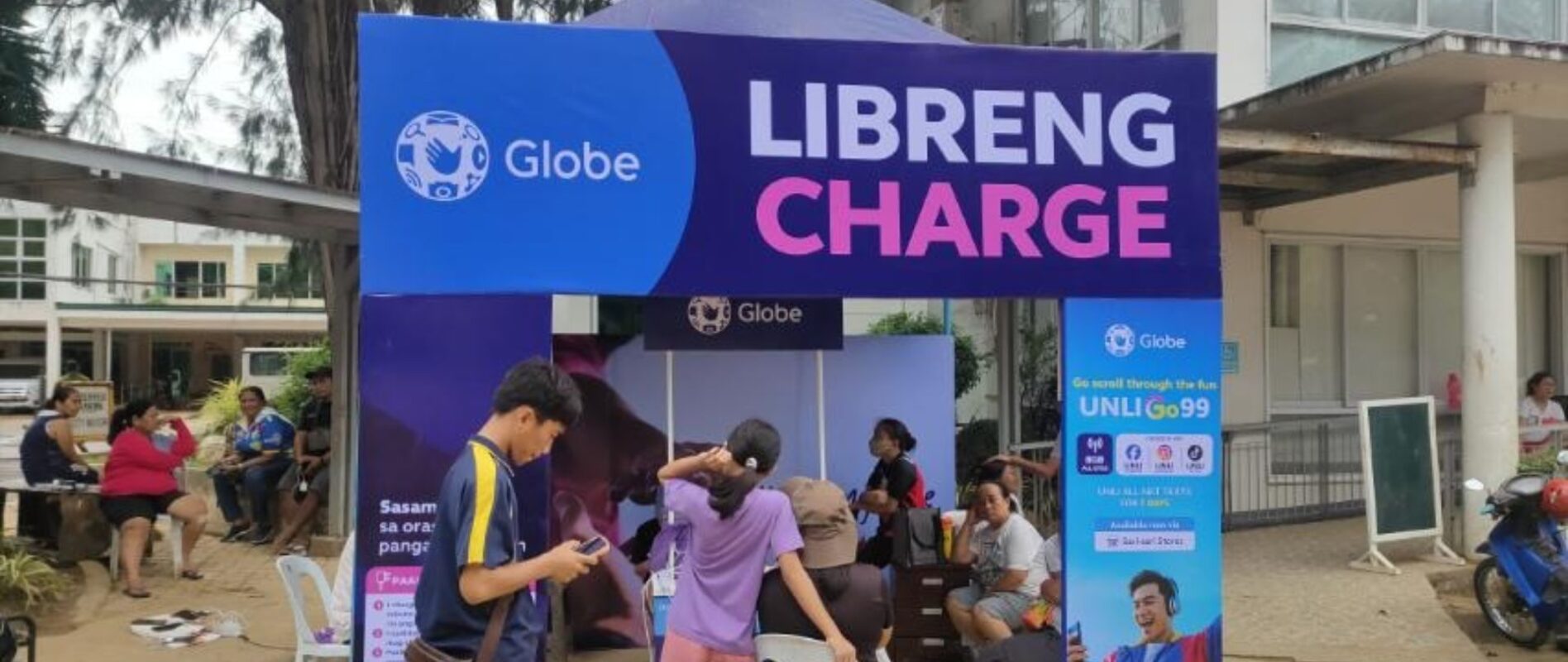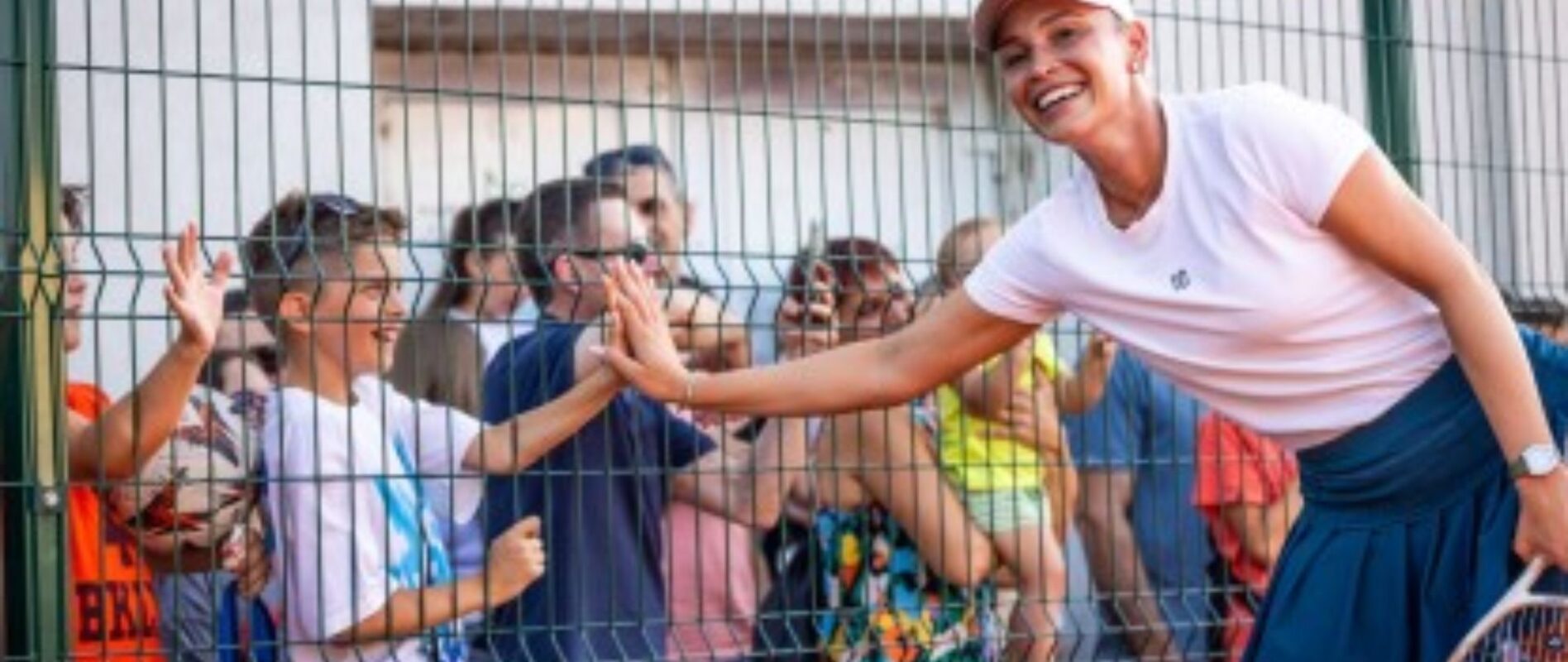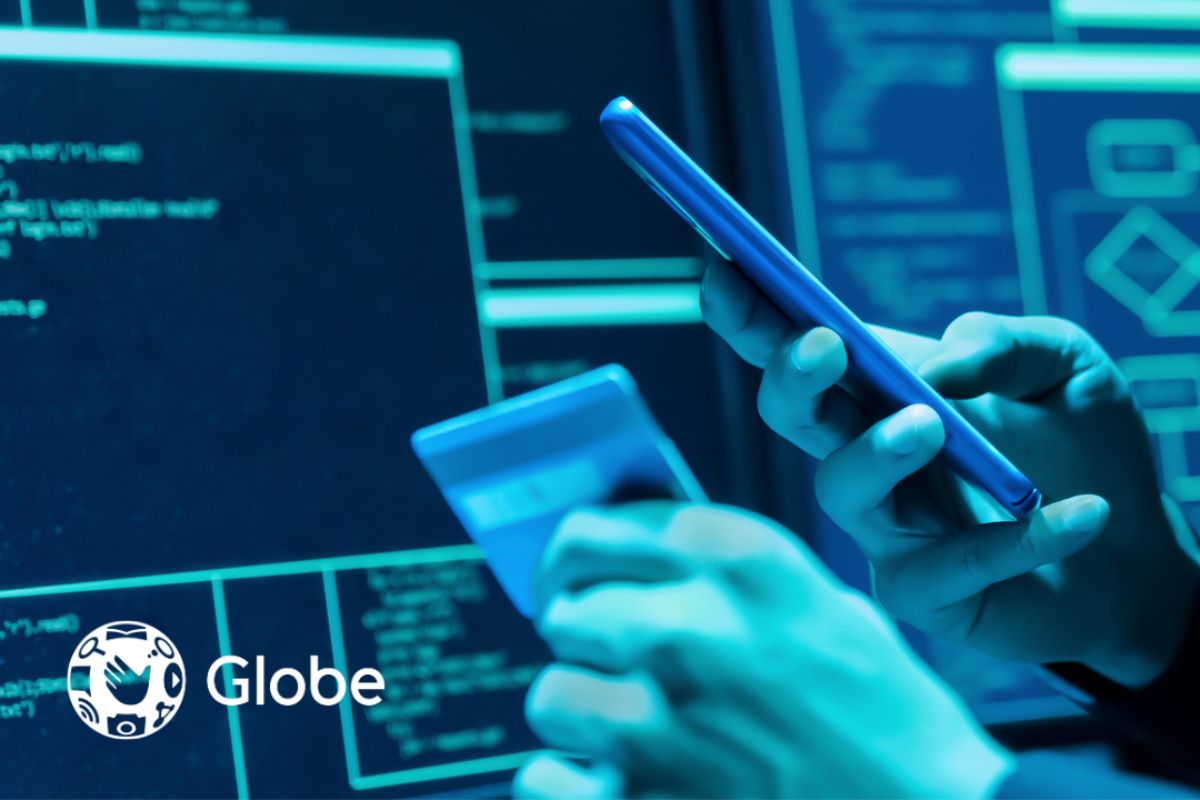VACCINATE STUDENTS BEFORE FACE-TO-FACE CLASSES — SPARK
STUDENTS should be vaccinated first before being allowed to attend limited face-to-face classes, a youth group told the Department of Education.
STUDENTS should be vaccinated first before being allowed to attend limited face-to-face classes, a youth group told the Department of Education.
The Samahan ng Progresibong Kabataan said inoculation should come first as it questioned President Rodrigo Duterte’s decision allowing in-person classes.
“Whatever happened to President Rodrigo Duterte’s no vaccine, no classes pronouncement? It is startling that the government agencies and private school owners are itching to resume normalcy when the best assurance they can offer is merely classroom retrofitting, strict observance of health protocols and regular swab tests. They ought to fund their treatment. Students should be vaccinated first,” John Lazaro, SPARK spokesman, said.
The government is preparing to roll out its vaccination program in March but students are not in the list of priority groups.
Some major universities have started preparations for the resumption of limited face-to-face classes.
In the National Capital Region, the University of Santo Tomas, University of the East-Ramon Magsaysay Memorial Medical Center and the Centro Escolar University are looking to resume classes for senior or graduating students in their respective medical schools.
While SPARK acknowledged that resuming face-to-face classes is urgent, it said “it should be done with prudence,” stressing that the government’s capabilities to manage a possible outbreak in schools is doubtful.
“A single infection is all it takes for the government’s ill-advised resumption of face-to-face classes to fail. Good thing if the Health department, the Commission on Higher Education or the university administration will take responsibility for it and foot the treatment bills,” Lazaro said.
“If only the Duterte administration listened to the clamor of the students and initiated sweeping reforms such as full subsidies for internet gadgets and mobile load, declaring internet access a basic human right and the nationalization of the telecommunication and power industries, then the shift to online classes should have been less harmful, tedious and controversial,” he added.














